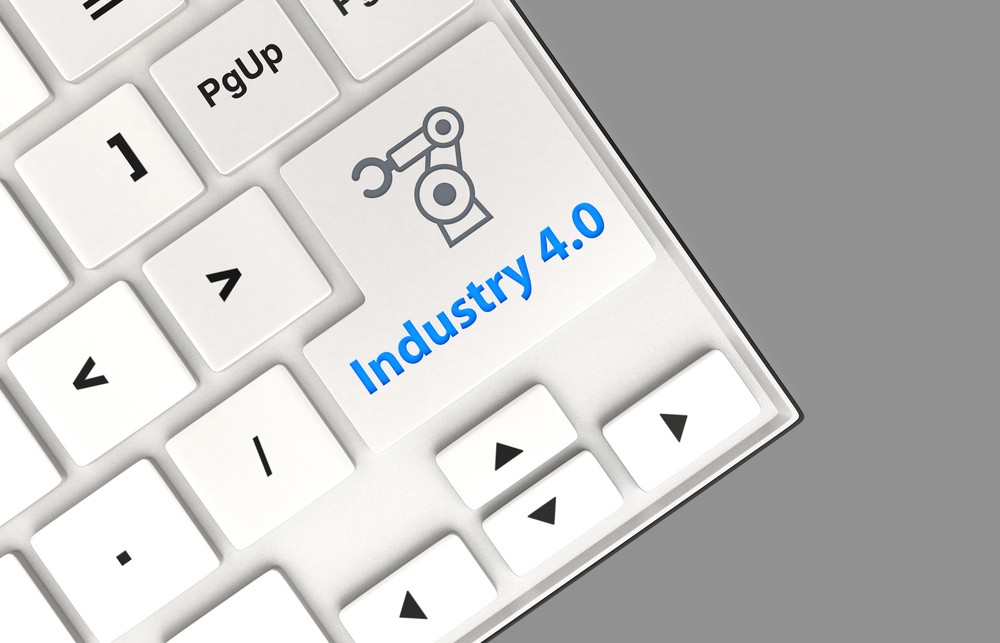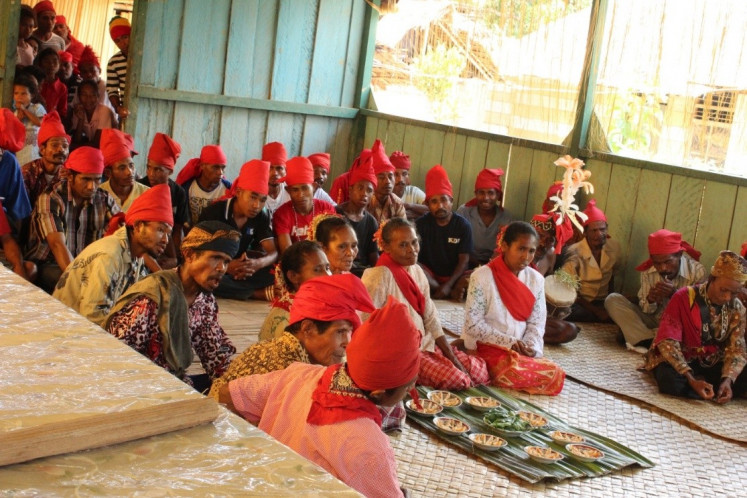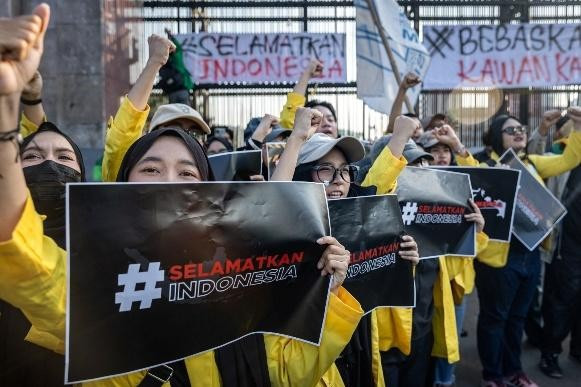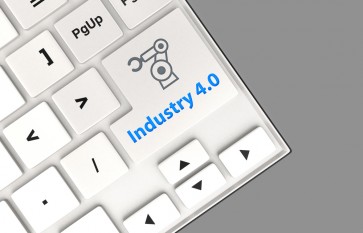Popular Reads
Top Results
Can't find what you're looking for?
View all search resultsPopular Reads
Top Results
Can't find what you're looking for?
View all search resultsA sustainable Industry 4.0
Let’s try to find it out by weighing the benefits and risks of Industry 4.0 to each of the elements in sustainable development.
Change text size
Gift Premium Articles
to Anyone
T
he world continues to experience two dynamic forces that converge: sustainable development and Industry 4.0 force. Both of these forces continue to rearrange and transform the socioeconomic conditions of humanity. However, do we ever wonder what actually may come as the result of these two forces? Can they actually produce a successful marriage and with ease?
Let’s try to find it out by weighing the benefits and risks of Industry 4.0 to each of the elements in sustainable development. Industry 4.0, which is synonymous with the use of e-mail, social media, big data, artificial intelligence and blockchain, promises the hope of pushing forward societal progress — and it has proven to do so in many dimensions of sustainable development.
According to a report produced by Brookings, the digital economy added 3.5 percent to the total global gross domestic product in 2014.
In addition to adding value to global economic production, the digital economy has also benefited small and medium enterprises (SMEs) throughout the world by connecting them with the global value chain and by lowering the cost of entry through electronic trading platforms such as Alibaba, eBay and Tokopedia.
In the social development context, many governments around the world also use technology to downsize the number of bureaucratic hierarchies, to simplify administrative purposes through the e-governance system and to promote participatory democracy, which is believed to encourage the involvement of many stakeholders who were previously marginalized and not heard.
This reasoning is further strengthened by the occurrence of global events such as the Arab Spring, which demonstrated how a democratic struggle against an authoritarian regime complemented with technology can
create a democratic movement in the region.


















